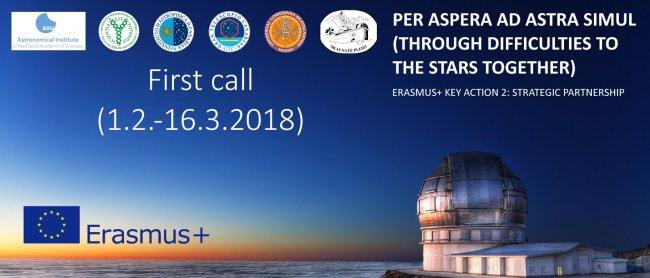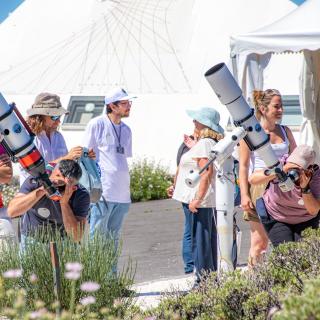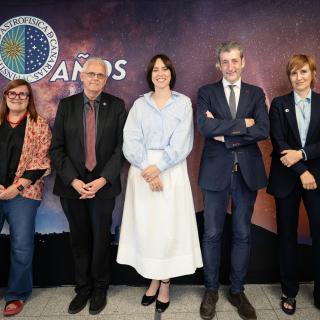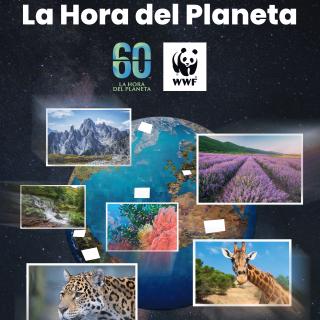The ERASMUS+ project "Per aspera ad astra simul" ("Through difficulties to the stars together") is designed to increase the potential of young researchers and build new collaborations between the participating institutions.
The initiative, which is funded by the European Union, provides funding for IAC doctoral students to spend time working with colleagues in the Czech and Slovak Republics and vice versa, as part of exchanges lasting up to 6 months. "The project gives young researchers the chance to gain international experience which will be fundamental in their future careers" states David Jones, Principal Investigator of the project at the IAC.
Those who apply to the programme can choose from various research projects across all areas of astrophysics. There is also funding for more experienced researchers to spend up to one month at other institutions with the aim of building stronger collaborations between the participating research centres. These more experienced astronomers will also be responsible for disseminating their important research to a wider audience via public talks and research seminars. "The project will also produce a book covering the frontiers of astrophysical research which will be an extremely valuable teaching resource for universities all over the World" adds Jorge García-Rojas, IAC researcher and project co-coordinator.
Applications to the programme are being accepted until March 16th. Petr Kabath, of the Astronomical Institute of the Czech Academy of Sciences and principal investigator of the project, highlights the great opportunities that the project offers for young researchers in Slovakia and the Czech Replublic, particularly given the collaboration of the Gran Telescopio Canarias (GTC). "Many of our young astronomers will get the chance to work with the World's largest optical and infrared telescope, something which is usually reserved only for a handful of very lucky astronomers" he explains.



